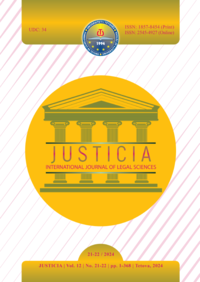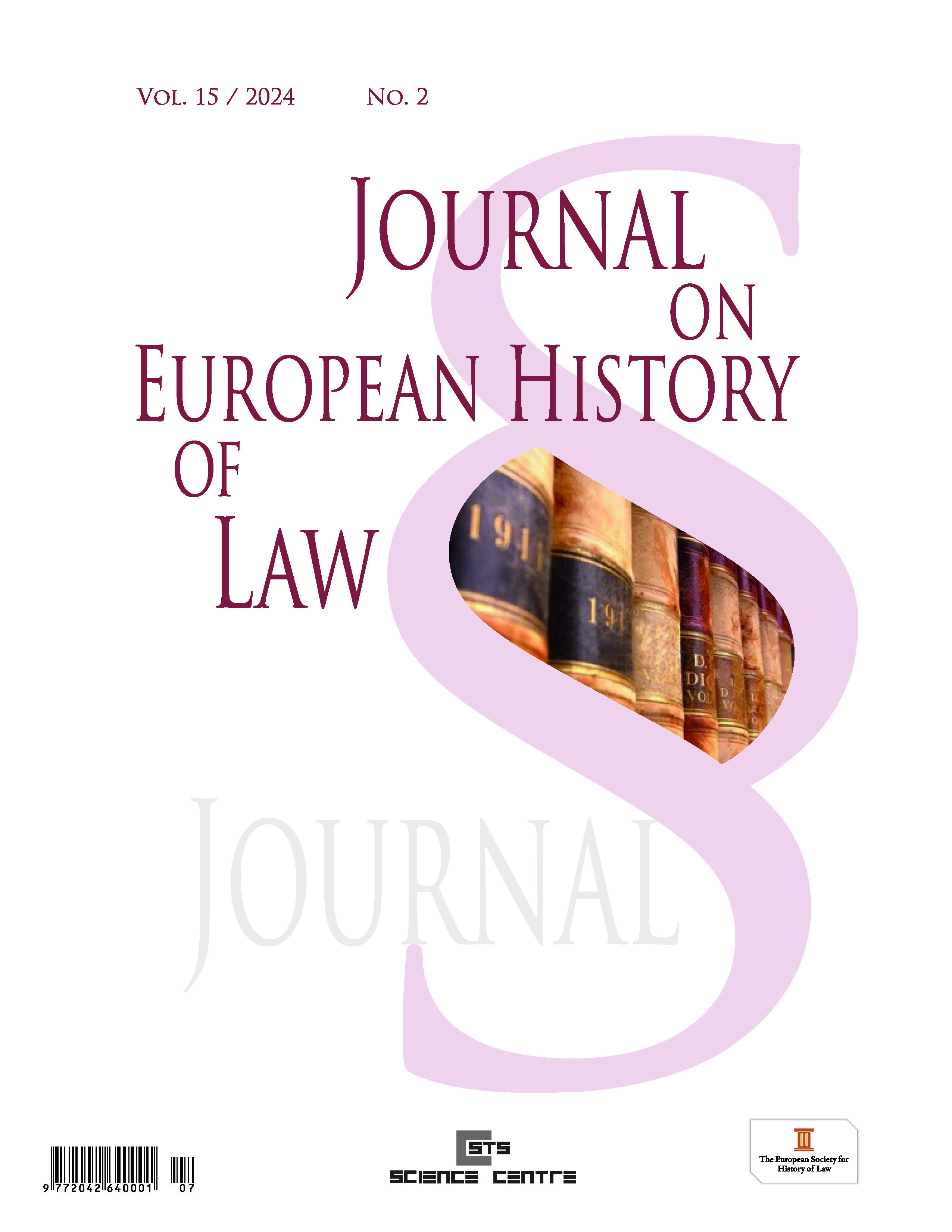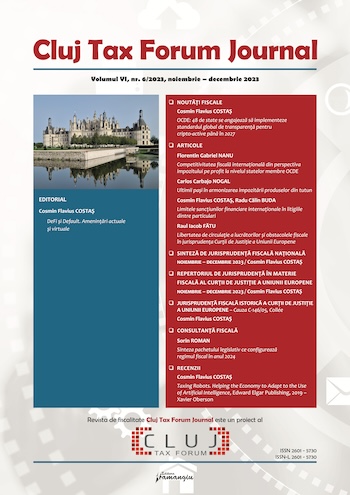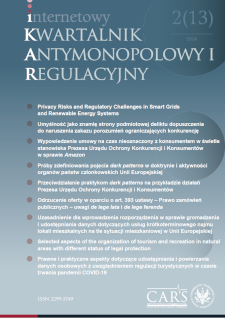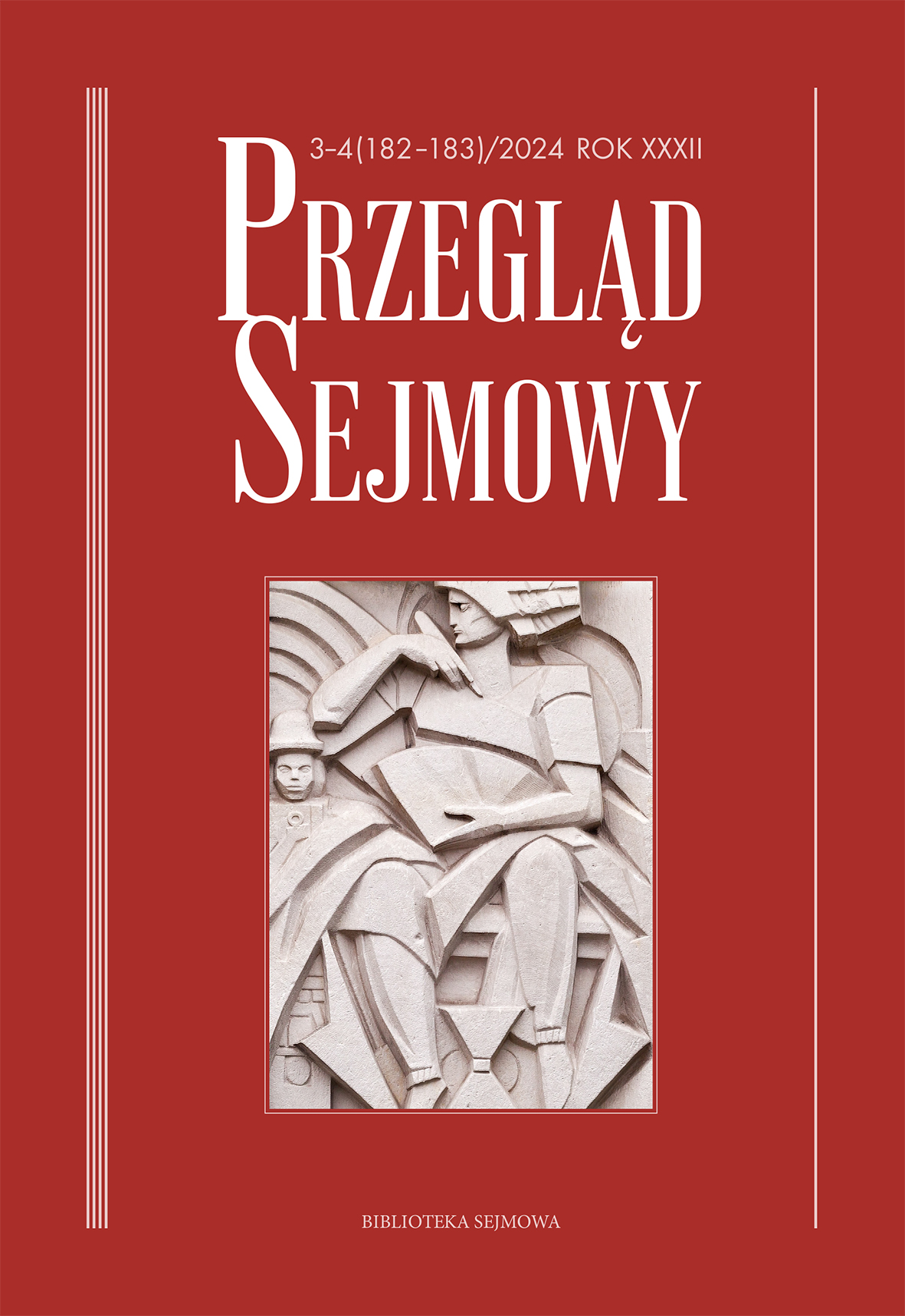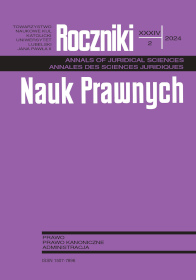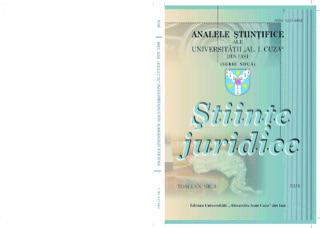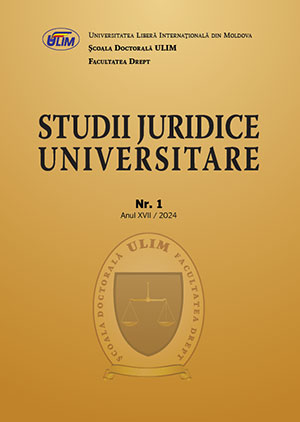
Documente cu caracter de recomandare adoptate de organizațiile internaționale prin prisma efectelor în raport cu obligațiile cu caracter imperativ ale statelor
The international normative system is one complex in which legal norms have a special role. Practice shows, despite the fact the violation cases number or non-compliance with international law norms are increasing, however states and other international actors try to justify their actions through arguments based on international law. But, such an approach can and should be seen as a recognition of the legal norms role and place within the international normative system. The international law evolution and codification process clearly demonstrates the approach by states to the gradual recognition of the international law supremacy in the process of regulating international relations. The 20th century second half was characterized by the “forceful” codification of international law, including thanks to the efforts undertaken by the International Law Commission empowered by the UN General Assembly with the noble function.
More...
